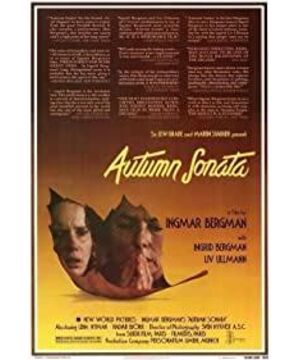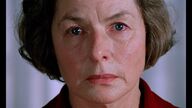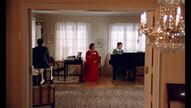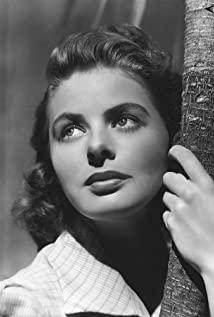Sonatas: Instrumental suites for solo (often with piano accompaniment) and duet.
Autumn, Sonata - the tone (endoplasm) of the film.
Topic entanglement:
1. Imagining an impossible imagination: Eric the Holy Spirit? Because of his ubiquity, his can touch at any time, like the wind, like the light rain hitting the window. "I thought he was omnipresent and knew a huge creation, an incredible idea. Man is a portrayal of God, There is everything in God. Saints, artists, rebels, like giant patterns that change at any time. Likewise, there is reality, not just the reality that we can clumsily perceive, but the reality in which all kinds of realities are intertwined and mixed. No There is a limit." This sentence left me with a reverberation of immense joy and enlightenment. Because it at least hints at more edges and corners in Bergman's heart, at least the edges and corners that I haven't seen before. This impression of God has not become an absolute existence, but is floating among all things... (I will study it after I finish reading the Trinity)
2. A black film enveloped life, and he gradually darkened, becoming heavy and wobbly.
3. Chopin's restraint. The pain in the breath also has a restrained flow. This is the light and warm tea fragrance of life floating and flowing. It smells so good, but it is so unfamiliar.
4. As a comparison, Helena and Eva, the more ferocious emotions can be experienced by switching the camera quickly, and we can fall into the silence of the theater and the emotion that even breathing is extravagant. The inner monologue was recited in the house, and the mother-daughter conflict seemed so sad and hysterical. The lines say everything, it's a combination of emotion, confusion, confusion, the inheritance of hatred, the transfer of indifference... The movie is very clear, why am I?
In the indoor scene, the memories in the first half did not use the same fade-in and fade-out as the second half, the feeling of parallel narrative. "Stage" uses depth instead of breadth, which offsets the sense of planeness to a certain extent. The sound of the bell has the fear of being close and distant, and it is often a precursor to the repressed heart spitting out black bile. Several visions of mother and daughter getting along call for the unbreakable estrangement of darkness and lights, as does the two pictures of husband and wife: "You are so sad". The only warmth is the scene of about dusk when Helena and Leonardo get along, "Did you hear, the butterfly's wings beat the window", a romantic and unswerving memory. Most of the rest of the shots are close-ups, excavating the darkness, excavating the navy-blue dirt, evoking the most horrific, incoherent emotional emotions and jagged memories and skeletons.
View more about Autumn Sonata reviews











